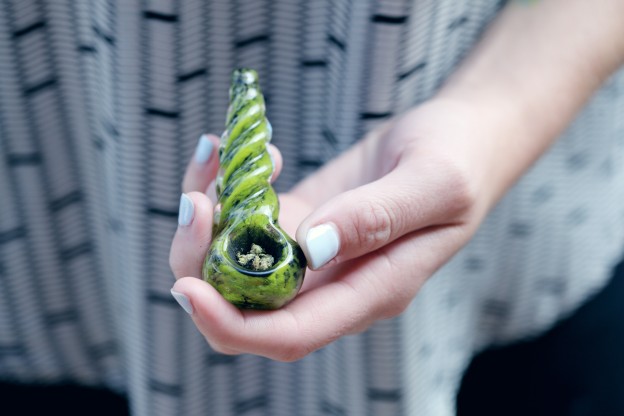Recently, we received this question in our APAGS inbox:
“As a psychology doctoral student, I am about to apply for internships. I take prescribed medical marijuana for a health condition. How do I approach the issue of drug testing as part of pre-internship employment screening?”
What a good question. I reached out to Dr. Jeff Baker, the head of the Association of Psychological Postdoctoral and Internship Centers, for his opinion on the matter. Dr. Baker kindly replied, giving his own personal thoughts on the matter (not those of APPIC’s) as formed by his years as a training director. He said this issue has come up a few times before, and it’s not as simple as drawing a line around states where it is legal. He writes, “There are many sites in Colorado and California, where THC is legal, that will not allow a positive drug screen for it. I’m not positive the rationale is universal, but a few programs have stated, ‘Alcohol is legal, but we do not allow trainees to have it in their system.'”
Dr. Baker’s advice continues —
“1. If a site does not allow medical marijuana, hopefully it says that in public materials (especially in states where that is allowed). The site should have some statement saying it requires THC (drug) screenings so the applicant can decide what sites might be eligible or ineligible.
2. If this information isn’t public, I would check with the site’s Human Resources department, hopefully anonymously and discreetly, prior to submitting an application. Some will have a policy, and some will not. This is not to be sneaky, but it is to remove any possibility that they would track your application. PS: Don’t call from your cellphone with caller ID. I don’t think most sites would go to this trouble to find out who called, but it doesn’t hurt to be cautious.
3. When checking with anyone at the program, I would advise applicants to be very clear about having a medical condition (do not give the name and disclose only what is necessary); that they have been prescribed THC; and that THC has been helpful for them to manage their medical condition which has been approved by a licensed health care provider.
4. I would advise them to apply to those sites that say it is not a problem but carefully read their public materials about drug screens.
5. I would advise them to be cautious about those that do not know their policy or clearly state that medical THC would be counted as a positive drug screen and is not allowed at this site. If they do NOT review the public/HR policy about prescribed THC and match to a site, then they find out that medical marijuana is not allowed, they have wasted a lot of time.
6. I do NOT advise applicants to consult with the program or training director directly about the issue. I fear that will likely increase the chances that site will decline to interview that person. They will be taking a chance by disclosing it. This is NOT true for the vast majority of training directors but there is no need to disclose identifying information prior to submitting an application.”
With any luck, prospective sites will see you, dear reader, as an asset all around. Thank you for being so responsible and proactive with treatment and contacting APAGS with your question.



